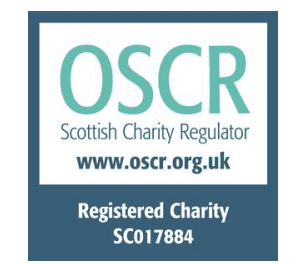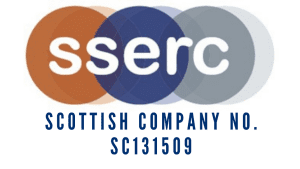Quality Assuring a Science Curriculum
SSERC has recently published ‘ Quality Assuring a Science Curriculum’. This guide has been written by Jim Stafford who is a Senior Associate with SSERC. Previously, Jim has been a Principal Teacher of Biology, a Local Authority Science Adviser and Quality Improvement Officer. During his career Jim has worked with various partner organisations on a number of areas of science education, including leadership training, health and safety guidance, and the development of national qualifications in biology.
There is no specific Scottish guidance on quality assuring a science curriculum nor is there an agreed consensus on what constitutes a quality science curriculum internationally. Given that, this document does not attempt to provide a definitive method of quality assuring a science curriculum; rather it considers the elements that could be found in a quality science curriculum and provides resources from which science teachers and science departments could construct their own systems of quality assurance.
In her Foreword to Quality Assuring a Science Curriculum , Maureen McKenna (Executive Director of Education, Education Services Glasgow City Council) makes the following observation:
Quality Assuring a Science Curriculum should be seen as complementary to the well-established systems of quality assurance and self-evaluation provided by Education Scotland.
Scotland needs young people with high quality scientific skills and knowledge. Employers continue to report a skills gap for STEM careers. Therefore, it is critical that we have the highest expectations for the children and young people we teach and for the teachers and curriculum leaders who are delivering science.
Copies of Quality Assuring a Science Curriculum can be downloaded here . Registered members may request a printed copy from SSERC.
Evidence Based Education
Decision making in education should be based on sound research evidence and should be the concern of every teacher. This new publication written by Jim Stafford describes the main methods for collecting evidence on which to base decisions.
Learning how research works is important so that teachers become research literate enabling them both to carry out their own research into what is effective and to be critical consumers of the research findings of others. Educational initiatives that are not supported by evidence should be challenged and the research that is required to demonstrate their effectiveness should be identified.
This document provides advice on designing your own research and analysing results. The challenges in getting evidence based practice accepted to become part of everyday practice in education are considered.
In his Foreword to Evidence Based Education , Ken Muir (Chief Executive of The General Teaching Council for Scotland) makes the following observation:
Evidence Based Education ….reminds us that all education research should have a purpose and provide evidence for teachers taking decisions that will lead to improvement in practice and/or outcomes for learners.
Evidence Based Education can be downloaded here . Registered members may request a printed copy from SSERC.
Leading in Professional Learning
Professional learning is only effective when it changes teachers’ classroom practice and that change is sustained over time. That change requires that teachers take control of their own professional learning, integrating it into their daily work with a focus on learners achieving improved outcomes. Once the model of professional learning that brings about that change is understood then the science teacher can take responsibility for their own professional learning. The role of the science curriculum leader is then to support teachers in that learning and to take responsibility for creating the opportunities for professional learning to take place.
An article on Leading Professional Learning can be found in The Excellent Science Department (chapter 7, page 35). Access it here.
Developing a Leadership Culture
Effective leadership depends more on the culture of the science team than the personality or characteristics of the person in charge. Effective leaders work to understand the values and opinions of their team members so that a dialogue can take place about what the team believes in and how it should act. Once that is achieved, leadership can shape what the team actually wants to do rather than the person in charge dominating the team, telling them what to do and demanding compliance. Teams with a leadership culture are motivated to act in concert to achieve the aims of the group, require the minimum of supervision and monitoring and generate ideas that advance the group (and the leader’s) vision – the group effort becomes greater than the sum of its parts.
An article on Developing a Leadership Culture can be found in The Excellent Science Department (chapter 8, page 41). Access it here.



